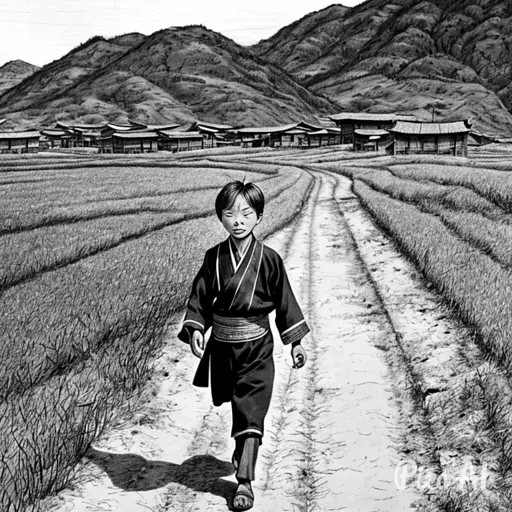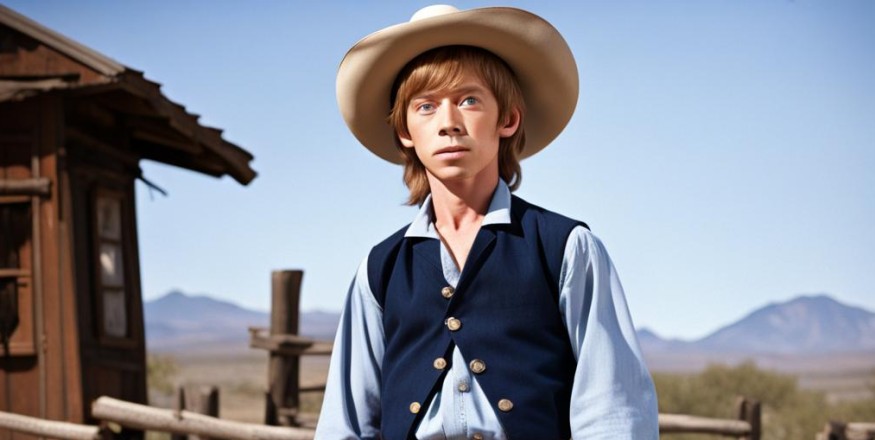 x
x
WE'RE DEALING WITH MEN'S LIVES HERE!405Please respect copyright.PENANAi10Mm06UIG
405Please respect copyright.PENANAS5LkdArpe7
405Please respect copyright.PENANAJuRHlqdALE
This new Asian looked dependable and after his one glance of appraisal, Thatcher thought about him no more. He didn't pretend to understand the culture of these folks; he only knew that in some basic way, they perceived things differently than he did and that their judgments of one another were trustworthy. If Yoshihiro would vouch for the new man, that was good enough. To most of the men who ran the camp, the Japanese were altogether undifferentiable. Thatcher didn't feel that way about them, not quite, but past his basic acceptance of their value, he tried not to think of them. What was being done to them was, perhaps, unfortunate. He was aware of this. But it wasn't his problem. Somehow, thinking in this way didn't make him feel any better.
405Please respect copyright.PENANAS5LkdArpe7
405Please respect copyright.PENANAJuRHlqdALE
This new Asian looked dependable and after his one glance of appraisal, Thatcher thought about him no more. He didn't pretend to understand the culture of these folks; he only knew that in some basic way, they perceived things differently than he did and that their judgments of one another were trustworthy. If Yoshihiro would vouch for the new man, that was good enough. To most of the men who ran the camp, the Japanese were altogether undifferentiable. Thatcher didn't feel that way about them, not quite, but past his basic acceptance of their value, he tried not to think of them. What was being done to them was, perhaps, unfortunate. He was aware of this. But it wasn't his problem. Somehow, thinking in this way didn't make him feel any better.
The wagon rolled into camp, Thatcher sitting at some distance from the other two men, looking out on the terrain. The laborers were working on the tracks; others were cutting trees, and ties were being shaped by a third group in the distance. Wagons loaded and unloaded. Tents scattered through the landscape in various degrees of completion. Someday, Thatcher thought, this would be a railroad and the camp would disappear but it was slow, so slowly done, looking at it day by day you often wondered if it'd ever get done. Meanwhile, the Japanese worked on it with utter patience. Either they had no comprehension of the dimensions of the job....or they had a different sense of time altogether, and lived in a framework where the work and its completion were welded together. What difference did it make? He shook his head in slow fatigue, looking at the new Asian across from him, and then, when the driver stopped the wagon, leaped off it.
"Thank you, Yoshihiro," he said.
"A pleasure," the old man returned.
As he moved around the wagon, Thatcher looked at Robinson again. There was something different about him, he thought, then dismissed the notion. "Good luck, Robinson," he called as the wagon drove off.
Walking briskly through the line of tents, Thatcher entered the one in which a man named Bronco, the nominal supervisor, worked. He nodded to the Japanese as he walked past them; some of them nodded back. He guessed that they knew who he was. He hoped so. He wanted to perceive them as people; he trusted that they saw him in the same way.
Thatcher pulled up a flap and went into Bronco's tent. Bronco was a tall man with cold eyes who was an administrator, not an engineer. This, Thatcher thought, was probably a strength; the man could only think in terms of what had to be done and not in terms of the technicalities through which all of it had to be maneuvered. He didn't like Bronco particularly, he thought, but then there was no reason why he should. Natural antipathy. What disturbed him more was Thatcher's attitude towards the Asians. He simply refused to grasp the fact that these workers were people.
"Howdy, Thatcher," Bronco said. He stood behind a crude desk, dropping some work charts on top. "All right, what in tarnation is it this time?"
Thatcher reached inside his coat pocket, took out a map, and placed it on the desk, then unrolled it slowly. "We've got a problem up ahead," he said.
"So what else is new, Thatcher?"
"Look," he said, showing Bronco something on the map, "we've got a plan for blasting a tunnel through those hills downrange."
"I know that," Bronco said. "We're laying down the explosives now."
"You don't understand," Thatcher said. "Nobody realized until the geological survey was made that this is a sandstone formation here. The samples just came back from the laboratory; I picked them up in town." From another pocket, he took a small pouch, opened it, and laid two pieces of rock in front of Bronco. Bronco looked at it uninterested.
"So what?" he said. "So it's sandstone. Don't know what difference it makes."
"It's what they call a bolsa formation."
"That doesn't mean jack squat to me," Bronco said. His eyes narrowed and suddenly all of the hostility that Thatcher had always suspected to be there was in the small strip of light coming through those eyes. "What's all that mean in English, Thatcher?"
"It was just a technical term. A bolsa formation indicates the presence of trapped pockets of natural gas. If we start blasting into one, the spark would set it off and there would be a chain reaction explosion." He paused. "The area would be devastated."
Bronco looked at the map, at the samples of rock, and then down at his hands. He said nothing and after a little while, Thatcher realized that he wasn't going to.
"Fortunately," Thatcher said hesitantly, "it's still a few weeks until we'd start blasting there, so we've got time to call in the surveyors."
"What the hell for?"
"To lay out an alternate route," Thatcher said.
"Now, just how long is that gonna take?" Bronco turned, went to the side of the tent, picked up a flap, stared absently out at the camp for a moment, shaking his head, and then came back. "Come on, tell me."
"Oh, two and a half, maybe three months," Thatcher said. He rolled up the map under Bronco's gaze, then picked up the samples. "We might be able to get one in six weeks. It all depends on what kind of conditions the surveyors find when they start looking around there, how deep and wide the bolsa formation penetrates."
"I don't know squat about bolsa formations," Bronco said.
"You're not a geologist or an engineer."
"Nope, I'm just responsible for getting the railroad built. A minor job, yes, compared to trotting and forth to town with rock samples. Thatcher, do you know that the railroad gets up to forty-eight thousand dollars for each mile of track we lay...and twenty miles on each side of it for the right-of-way?"
"I don't know the figures."
"You'd better start thinking about them. How do you think those men are going to feel about taking three months, or even six weeks to reroute?"
Thatcher looked up at Bronco and met the man's eyes, saw something there that he had always suspected but had not, until this moment, had to face. The impact of that knowledge made him shake. He turned, holding the map, suddenly needing desperately to get out of this tent, away from this man. "Bronco," he said. "We're dealing with men's lives here. You want that on your conscience?"
Bronco looked at him, stone-faced, inscrutable. "We're building a railroad," he said.
"Men are building that railroad."
"We are building that railroad," Bronco said, "I am building that railroad," and still his face held that way; it didn't break. His face held that line and Thatcher turned then, before fury could overtake him, and left that tent. He could look at Bronco no longer. If he had strayed there a moment longer he might have bashed the man in the chops----but what good would that have done? he thought. What was the difference? People like Bronco were always in charge. Whatever was being built, wherever the land was going....it would be the Broncos who made the decisions. And the decisions weren't for men.
Don't make too much of this, Thatcher warned himself. Don't think too much of it; the Japanese may value themselves less than we do, with different cultures, and different perspectives, but this thought didn't take either. He passed a guard at the perimeter of the tents, a small man holding a rifle close to his chest, the grasp deadly and hard, man and rifle one just as Bronco and the railroad were one under the eyes of the guard, which didn't yield. Thatcher walked away from there, into the open spaces of the desert to be alone for a little while with his revulsion and his acceptance.405Please respect copyright.PENANAxAHcHugqta
ns3.15.203.168da2 





















